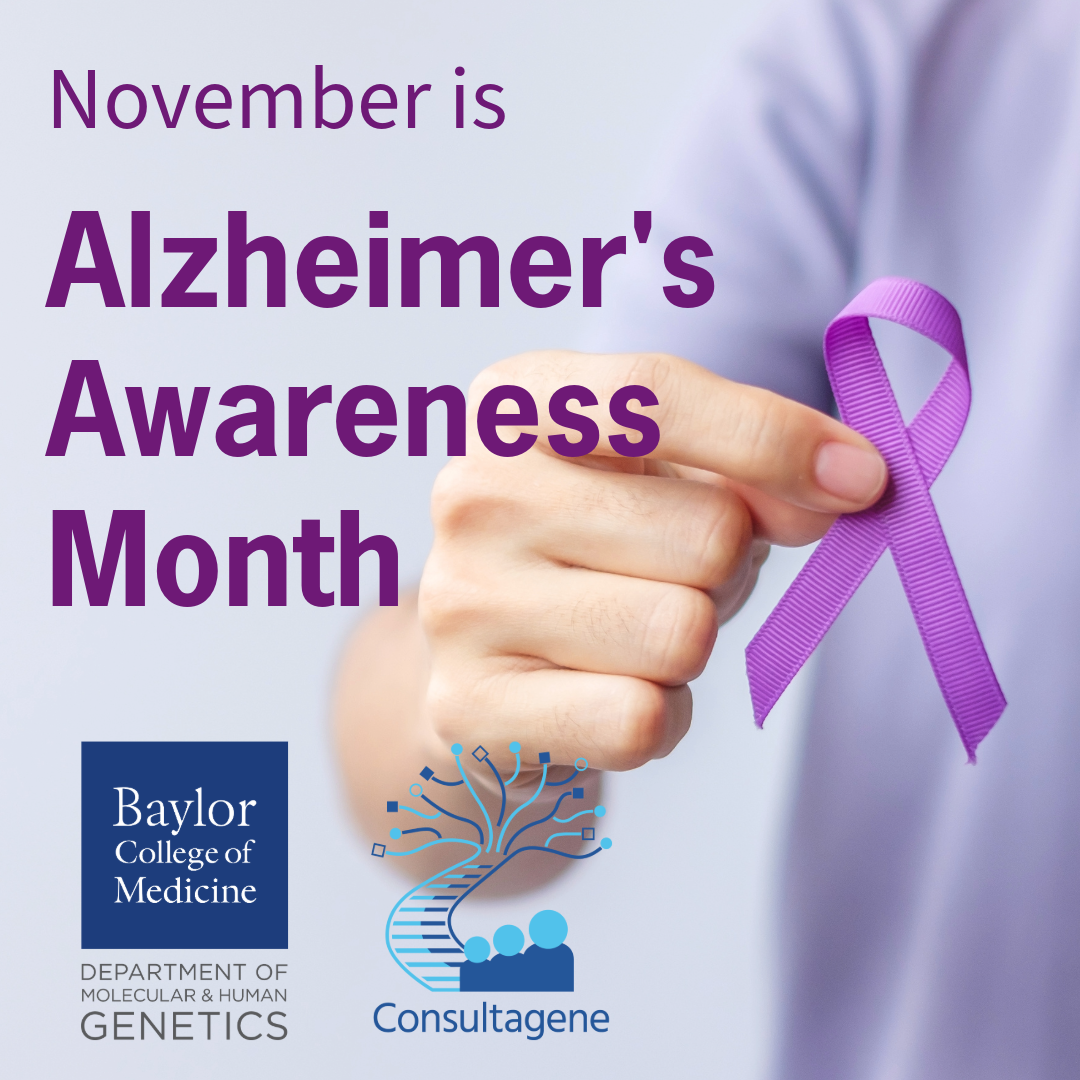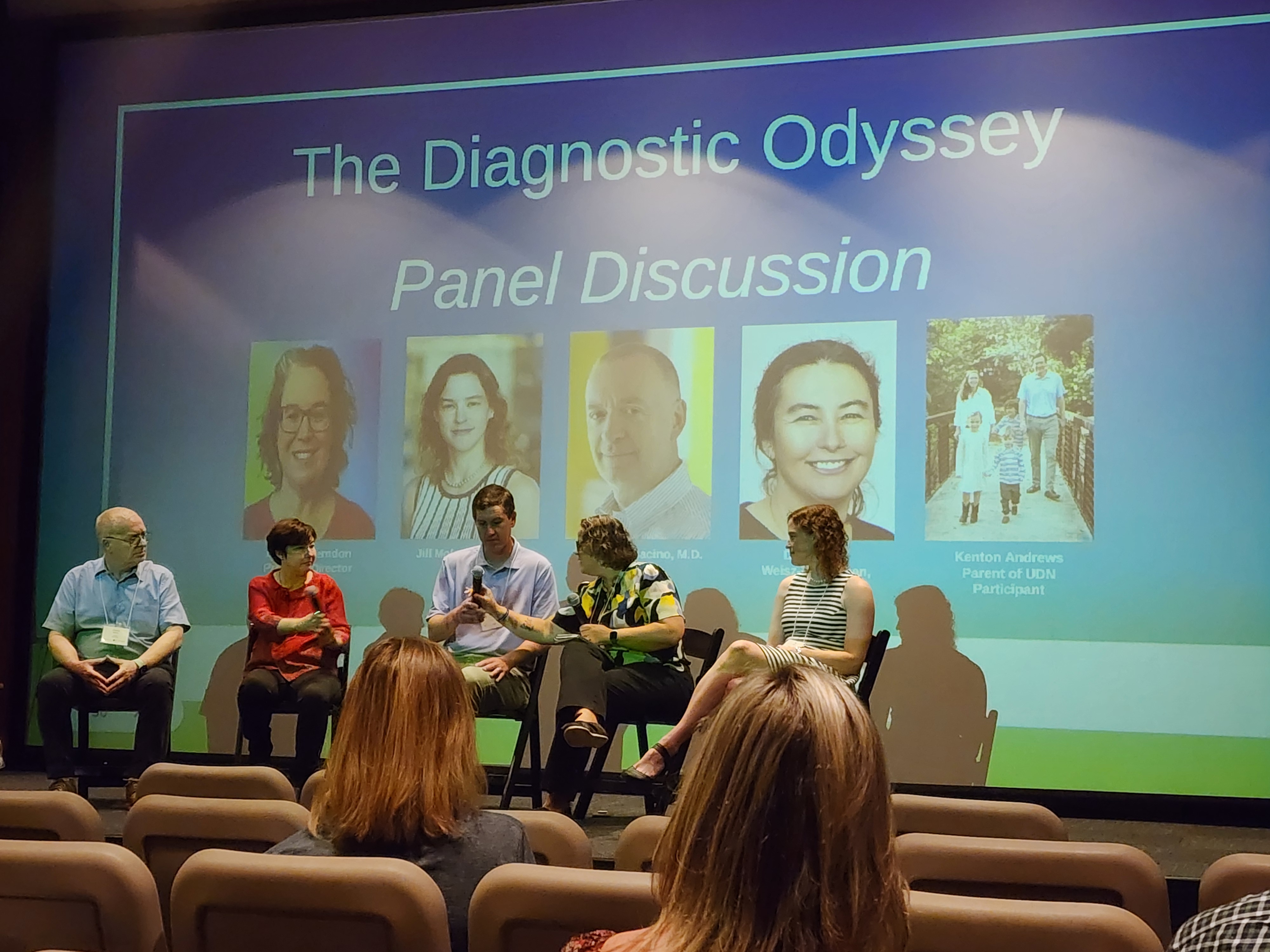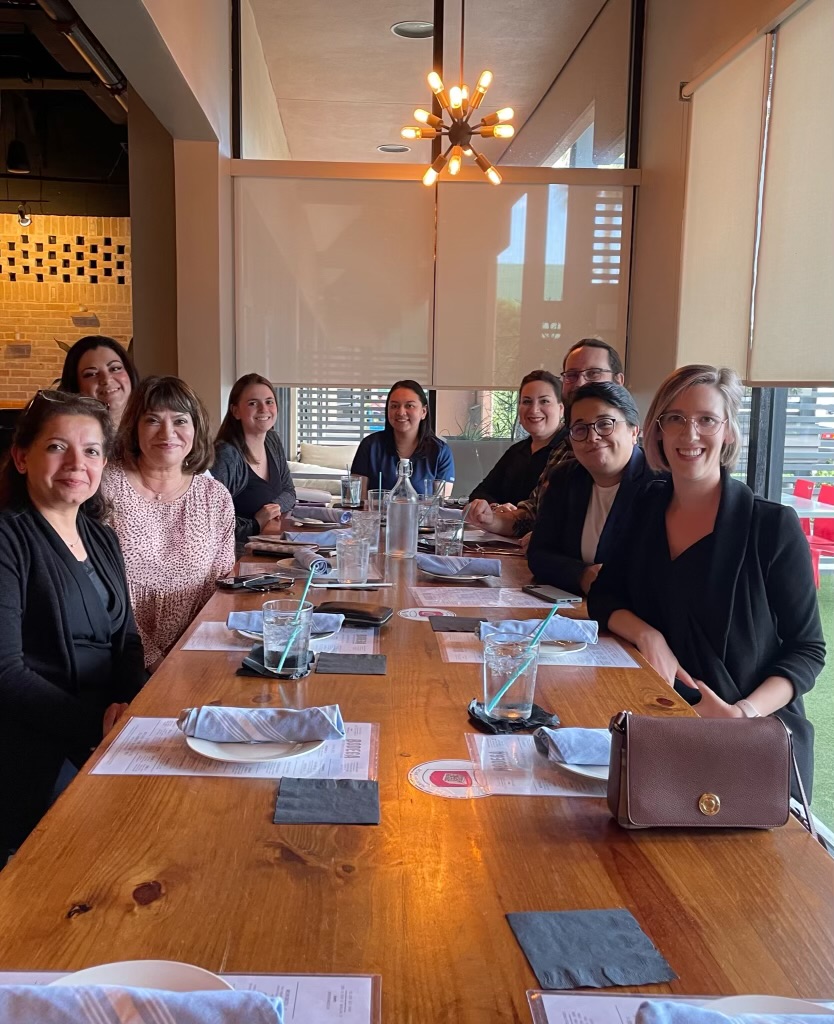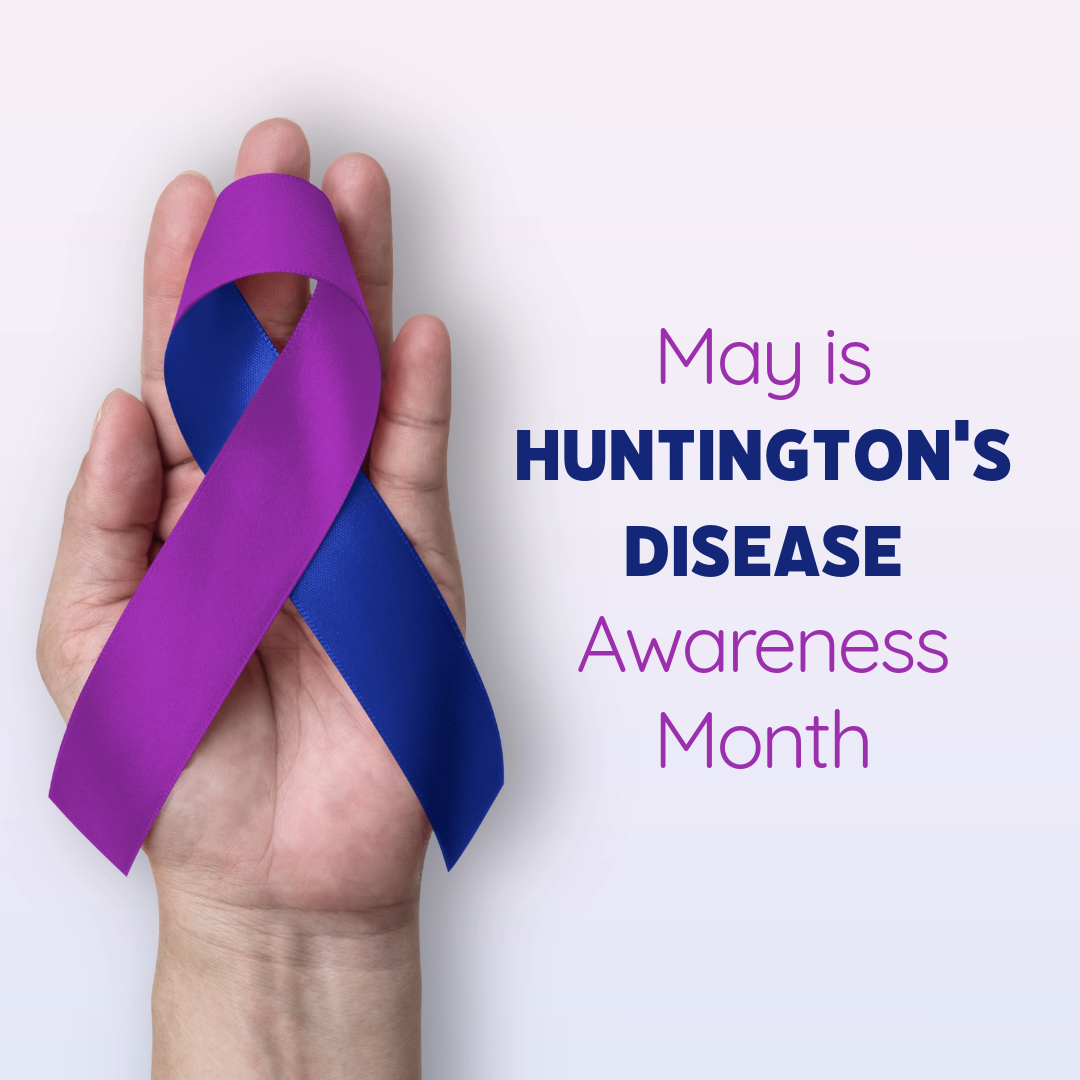A Service of the Department of Molecular and Human Genetics at Baylor College of Medicine
Breast Cancer Awareness Month
October is Breast Cancer Awareness Month. We honor the strength of those affected by breast cancer and highlight the importance of awareness, early detection, and research. While anyone can be at risk, genetics play a powerful role in understanding that risk. If you have a personal or family history of breast cancer, genetic testing may be available. Visit the resources below or make an appointment with the Consultagene Clinic to learn more.
Breast Cancer Risk Factors|cdc.org


Infertility Awareness
April 20-26 is National Infertility Awareness Week. Approximately 1 in 6 people of reproductive age are impacted by infertility globally. Find out more about the causes and treatments of infertility by visiting the links below. The Consultagene Clinic can help to guide you through genetic preconception issues and testing.
Infertility Facts, Diagnosis, and Risk Factors | Resolve.org
American Society of Reproductive Medicine
Alzheimers Awareness Month
November is Alzheimer's disease Awareness Month. Alzheimer's Disease is a progressive brain disorder for which there is no cure. The disease destroys memory and thinking skills and eventually, the ability to carry out the simplest of tasks. Alzheimer's disease is currently ranked as the seventh leading cause of death in the United States and is the most common cause of dementia among older adults. It is estimated that there are over 6 million American living with Alzheimer's disease and 11 million Americans who act as unpaid caregivers for a loved one diagnosed with Alzheimer's.
Alzheimer's Disease | nia.nih.gov
Alzheimer's Disease Genetics Fact Sheet | nia.nih.gov
Alzheimer’s Association | alz.org
What is Alzheimer's Disease? | alzheimers.gov


UDNF Event
Undiagnosed Disease Network Foundation | udnf.org
Undiagnosed Disease Center at Baylor College of Medicine
Undiagnosed Disease Network | undiagnosed.hms.harvard.edu
Project GIVE Publication
Project GIVE (Genetic Inclusion by Virtual Evaluation) was launched in 2022 with the aim to reduce the time to diagnosis and increase provider knowledge of genomics in the Rio Grande Valley (RGV) at the Texas-Mexico Border. In a paper now online in the Journal of Neurodevelopmental Disorders, the Project GIVE team describes their experience establishing a virtual pediatric genomic service in this region with the use of Consultagene and the outcomes of the project so far. This work is funded by the National Center for Advancing Translational Sciences.
Read the paper here: "Project GIVE: using a virtual genetics service platform to reduce health inequities and improve access to genomic care in an underserved region of Texas"


Huntington's Disease Awareness
May is Huntington's disease Awareness Month. Huntington’s disease (HD) is a progressive neurologic disorder that causes brain cells to break down, leading to movement and memory/thinking difficulty. HD is caused by a mutation in the huntingtin gene. Every child of a parent with HD has a 1 in 2 (50%) chance of inheriting the huntingtin gene. Today, there are approximately 41,000 Americans living with HD and more than 200,000 at risk of inheriting it. To learn more about Huntington’s disease, visit these recommended resources listed below. You can also make an appointment with the Consultagene Clinic to learn more about testing for HD. Join the social media campaign #LetsTalkAboutHD to share your story with HD.
Huntington’s Disease | hdsa.org
Huntington’ Disease | ninds.nih.gov

